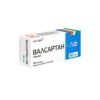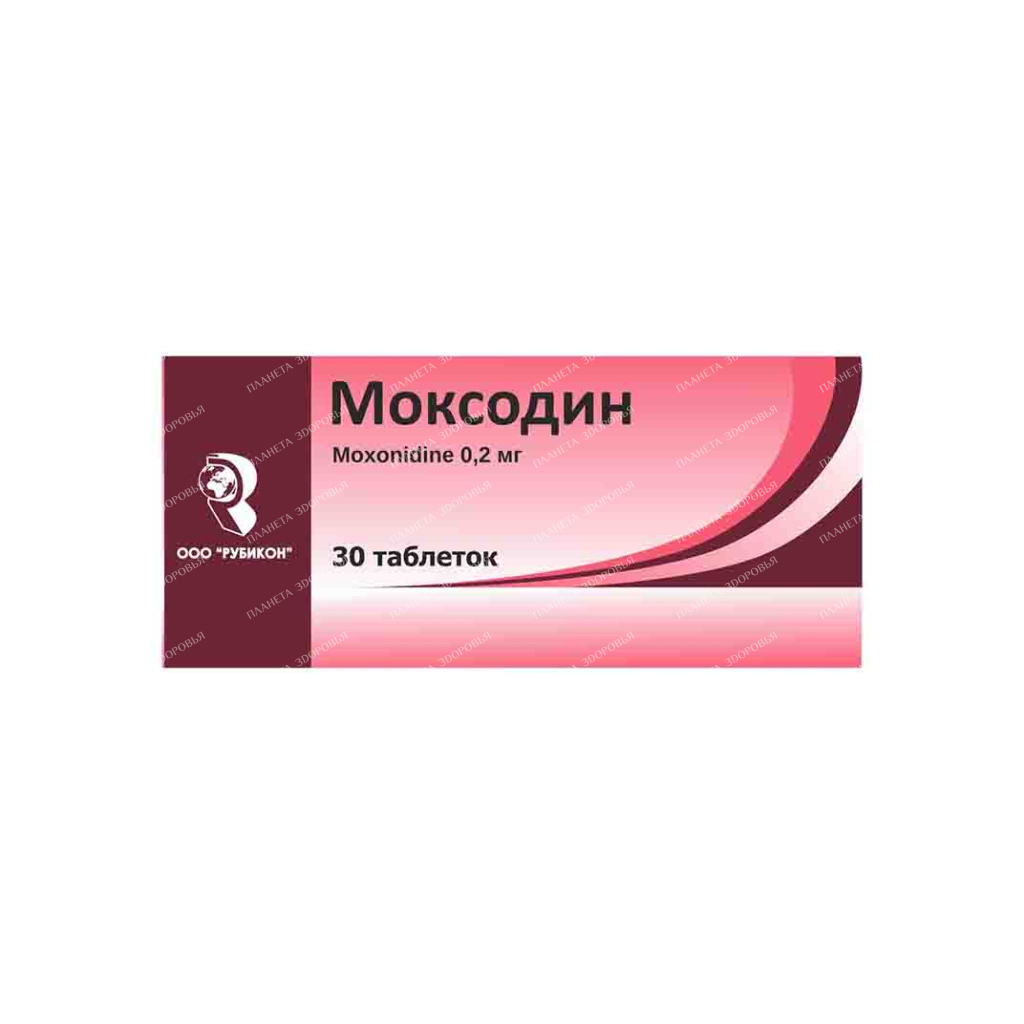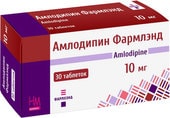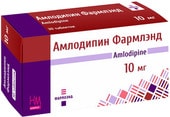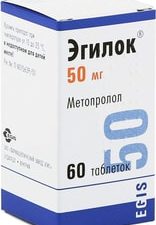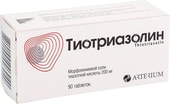Moxonidine 0.2mg Tablets: Effective Treatment for High Blood Pressure
Moxonidine 0.2mg Tablets are a safe and effective medication for the treatment of arterial hypertension (high blood pressure). This comprehensive guide provides detailed information on Moxonidine, including its uses, dosage, potential side effects, and important precautions.
What is Moxonidine?
Moxonidine is a centrally acting antihypertensive medication that works by stimulating specific receptors in the brain, reducing sympathetic nerve activity and lowering blood pressure.
How Does Moxonidine Work?
Moxonidine belongs to the imidazoline receptor agonist class of medications. It selectively activates imidazoline receptors in the brainstem, which leads to a decrease in the release of norepinephrine, a neurotransmitter responsible for increasing blood pressure. This reduction in norepinephrine results in a lower heart rate and peripheral vascular resistance, ultimately leading to lower blood pressure.
Moxonidine 0.2mg Tablets: Dosage and Administration
- Recommended Dosage: The typical starting dose is one 0.2mg tablet per day, taken in the morning.
- Dose Adjustments: If the desired therapeutic effect is not achieved after 4 weeks of treatment, the dose may be increased to 0.4mg once a day or divided into two doses at the beginning of a meal.
- Maximum Dosage: The maximum recommended dose is 0.4mg per dose and 0.6mg per day (in two divided doses).
- Renal Impairment: Patients with moderate or severe renal impairment require a lower initial dose (0.2mg per day) and may need further dosage adjustments.
- Hemodialysis: For patients undergoing hemodialysis, the recommended dose is 0.2mg per day.
- Food Interaction: Moxonidine can be taken with or without food.
Moxonidine 0.2mg Tablets: Safety and Precautions
- Children and Adolescents: Moxonidine should not be used in children and adolescents under 18 years of age due to a lack of safety and efficacy data.
- Pregnancy and Lactation: Moxonidine should only be used during pregnancy in emergencies after a thorough risk-benefit assessment. It passes into breast milk, so breastfeeding women should discontinue use or stop breastfeeding.
- Heart Conditions: Use caution in patients with pre-existing heart conditions, especially those with atrioventricular block. Avoid use in patients with a high degree of atrioventricular block.
- Severe Ischemic Heart Disease: Moxonidine should be used with caution in patients with severe ischemic heart disease or unstable angina.
- Renal Insufficiency: Careful monitoring and dose adjustments are necessary in patients with renal insufficiency.
- Drug Interactions: Moxonidine can interact with other medications, including beta-blockers, baclofen, non-steroidal anti-inflammatory drugs (NSAIDs), alpha-blockers, neuroleptics, tricyclic antidepressants, nitrates, and sedatives. Consult with your healthcare provider about potential drug interactions.
- Alcohol: Avoid drinking alcoholic beverages while taking Moxonidine.
Moxonidine 0.2mg Tablets: Potential Side Effects
Common side effects of Moxonidine include:
- Headache
- Dizziness
- Drowsiness
- Dry mouth
- Diarrhea
- Nausea
- Vomiting
- Skin rash
- Itching
- Insomnia
- Back pain
- Asthenia
Less common side effects may include:
- Fainting
- Orthostatic hypotension
- Bradycardia
- Angioedema
- Nervousness
- Ringing in the ears
- Pain in the neck
- Peripheral edema
Moxonidine 0.2mg Tablets: Overdose
In case of overdose, seek immediate medical attention. Symptoms may include:
- Headache
- Sedation
- Drowsiness
- Pronounced decrease in blood pressure
- Dizziness
- Fatigue
- Asthenia
- Bradycardia
- Dry mouth
- Vomiting
- Pain in the epigastric region
Moxonidine 0.2mg Tablets: Storage
Store Moxonidine tablets at a temperature not exceeding 25°C (77°F). Keep them out of reach of children.
Moxonidine 0.2mg Tablets: Conclusion
Moxonidine is a valuable medication for the management of arterial hypertension. By understanding its mechanism of action, dosage guidelines, potential side effects, and precautions, you can work with your healthcare provider to determine if Moxonidine is the right treatment option for you.
Important Note: This information is intended for general knowledge and does not constitute medical advice. Always consult with a qualified healthcare professional for any health concerns or before making any decisions related to your health or treatment.
| INN | moxonidine |
|---|---|
| The code | 132 795 |
| Barcode | 4 810 243 005 252 |
| Dosage | 0.2mg |
| Active substance | Moxonidine |
| Manufacturer | Rubicon LLC, Belarus |
Related products
Cardiovascular Health
 Free worldwide shipping on orders $99+
Free worldwide shipping on orders $99+  US: temporary delays — postal services aligning new import rules,
US: temporary delays — postal services aligning new import rules,  EU: 1–2 weeks,
EU: 1–2 weeks,  Worldwide: 1–4 weeks
Worldwide: 1–4 weeks 


